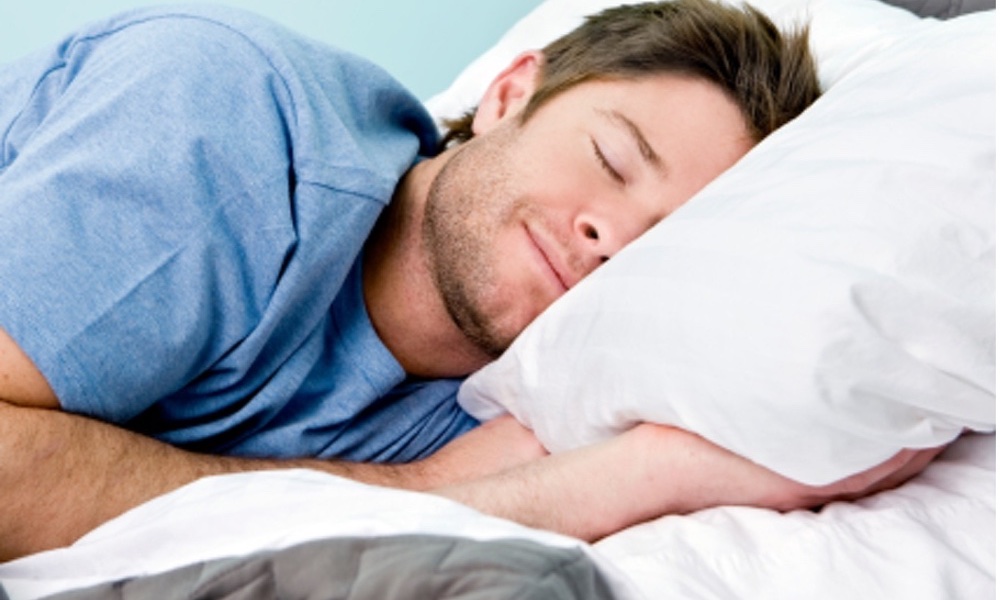A good night's sleep is not just good for your body, it's like hitting a reset button in your brain, refreshing your mind and reducing your vulnerability to anxiety. In contrast, a bad night's sleep can increase anxiety by as much as 30 percent, according to a study illuminating the neural connection between sleep and anxiety.
“Deep sleep seems to be a natural anxiolytic (anxiety inhibitor), so long as we get it each and every night,” said Matthew Walker, a professor of neuroscience and psychology at the University of California, Berkeley and the study's senior author. “We have identified a new function of deep sleep, one that decreases anxiety overnight by reorganizing connections in the brain,”
Researchers scanned the brains of 18 young adults as they viewed emotionally stirring video clips after a full night of sleep, and again after a sleepless night. Participants' anxiety was measured following each session using an established questionnaire for assessing anxiety.“Without sleep, it's almost as if the brain is too heavy on the emotional accelerator pedal, without enough brake.”
On the night participants were allowed to sleep, electrodes placed on their heads allowed the team to measure their brain waves and see how deep a sleep they had gotten. Results on the anxiety questionnaire the next day showed their anxiety levels had declined significantly, especially among those who experienced more slow-wave NREM sleep.
“Deep sleep had restored the brain's prefrontal mechanism that regulates our emotions, lowering emotional and physiological reactivity and preventing the escalation of anxiety,” explained researcher Eti Ben Simon, a postdoctoral fellow in the Center for Human Sleep Science at UC Berkeley.
The findings show sleep can be a natural, non-pharmaceutical remedy for anxiety disorders, diagnosed in some 40 million American adults and rising among children and teens, the researchers believe. As they say, “Even modest night-to-night reductions in sleep across the population predict consequential day-to-day increases in anxiety.”
A bedtime routine can make it easier to fall asleep; but for most adults, the better sleep comes when you turn off the screens and turn out the lights before it's too late.





